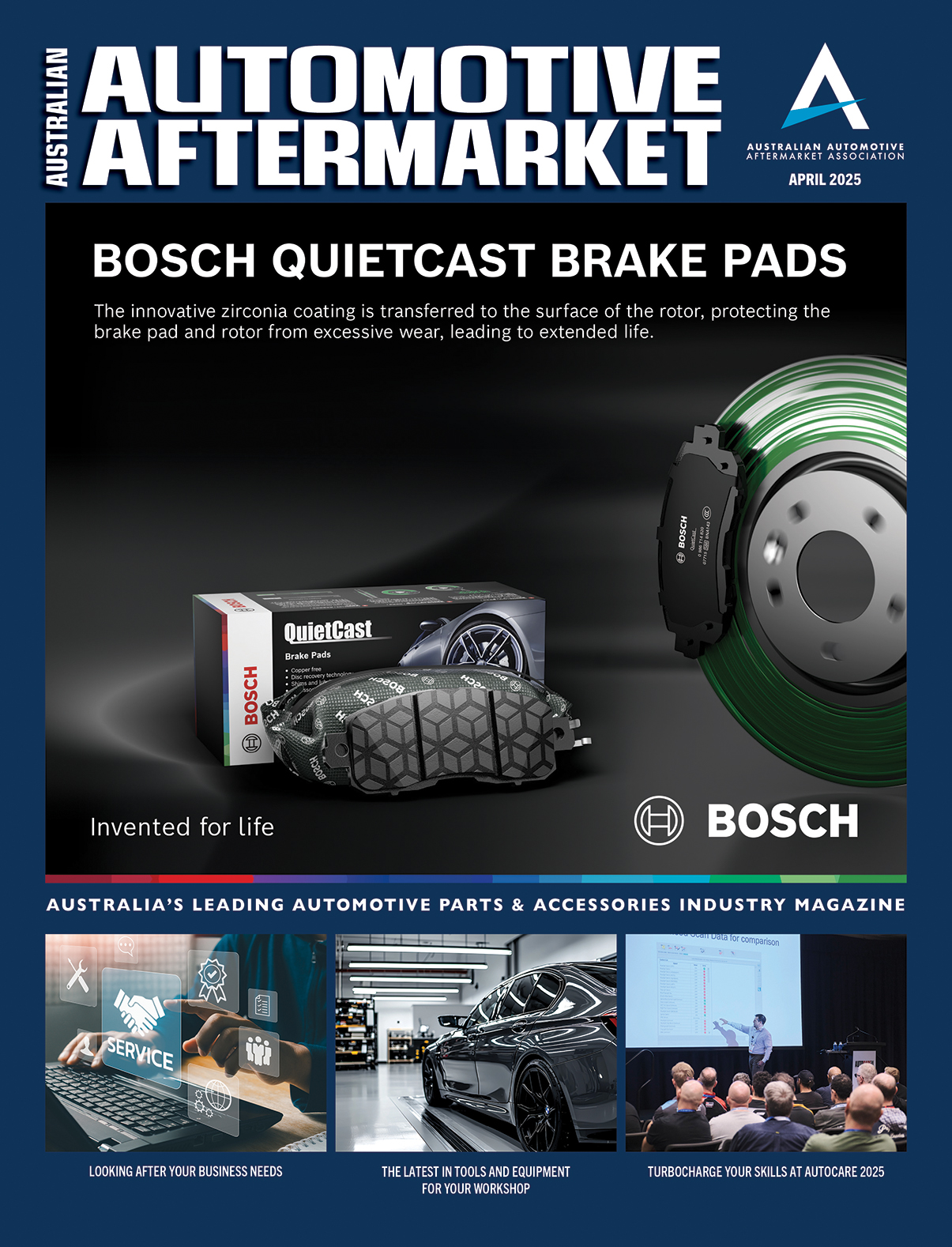THE IMPORTANCE OF A HEALTHY OIL CIRCUIT
Just like the human body, automobiles rely on good circulation to maintain peak performance over time

In vehicles, MAHLE explains the oil circuit is critical to an engine’s longevity. But what exactly does the oil do, what can go wrong, and how can these issues be prevented?
Oil: the engine’s multitasker
The oil circuit is a multitasker in the engine bay, handling various essential tasks, from lubricating moving parts to cooling components.
The oil pump plays a crucial role, generating the pressure needed to move the oil from the sump to the lubrication points, ensuring every part gets the oil it needs.
The risk of oil degradation
Over time, oil can degrade due to contamination or chemical reactions.
This degradation can cause issues like sludging, oil loss, and engine damage.
For instance, when combustion gases enter the crankcase, they can oxidise the oil, forming acids that corrode engine parts.
Additionally, fuel that doesn’t fully burn can dilute the oil, while in diesel engines, oil thickening is common due to strong oxidation and soot deposits.
Oil pressure regulating valve: a critical component
The oil pressure regulating valve is vital for maintaining the correct oil pressure in the system.
If this valve becomes defective, it can lead to significant engine damage.
Sludging or deposits can cause the valve to stick, either open or closed, resulting in inadequate lubrication or unregulated pressure, both of which are harmful to the engine.
Prevention is key
Preventing issues in the oil circuit is always better than dealing with costly repairs.
Regular oil changes, using high-quality oil, and closely monitoring the oil pressure regulating valve are crucial steps in keeping your engine healthy.
For more technical information and tips on MAHLE Aftermarket products, visit www.mpulse.mahle.com or email mapl.sales@mahle.com









